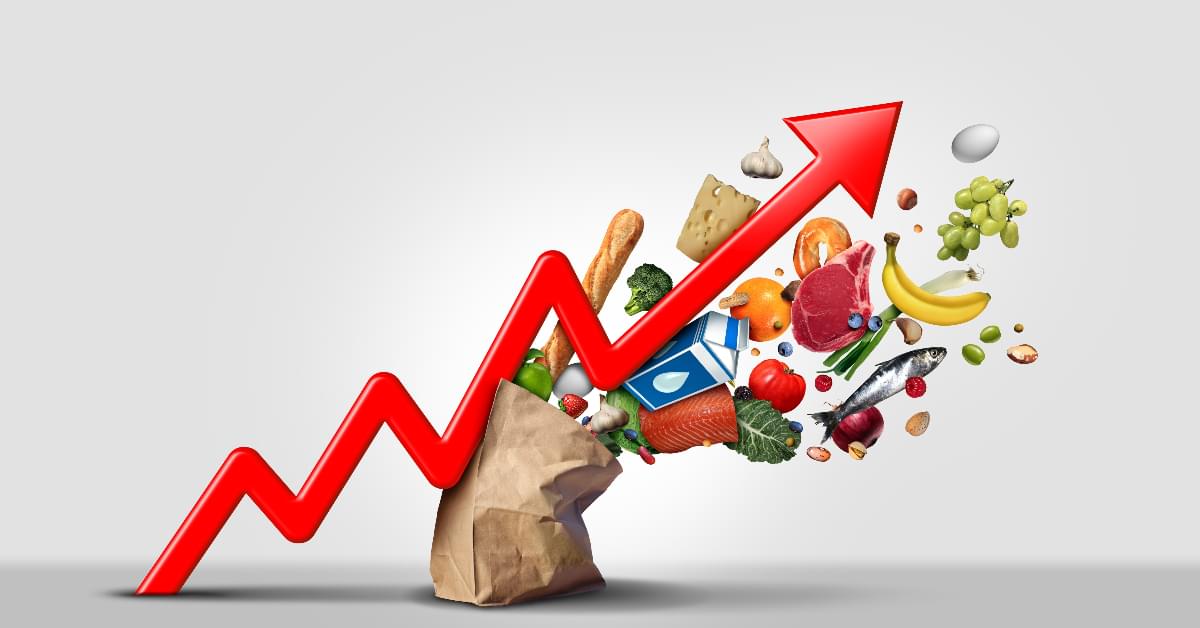Official data from the Pakistan Bureau of Statistics reveals that short-term inflation for the week ending on December 28 has increased to 43.25%, primarily influenced by a significant rise in gas rates. This marks the seventh consecutive week with weekly inflation above 41%.
On an annual basis, notable increases were observed in the prices of gas (110.9%), cigarettes (93%), chilli powder (81.7%), wheat flour (73.8%), garlic (70.7%), tomatoes (65.3%), IRRI-6/9 and broken basmati rice (58.5%), gents sponge chappal (58%), and sugar (54.3%). In contrast, the prices of onions decreased by 12.6% year-on-year, followed by mustard oil (-5.2%), vegetable ghee (1.14%), and bananas (0.20%).
The short-term inflation is measured using the Sensitive Price Indicator (SPI) basket, standing at 311.14 compared to 310 in the previous week and 217.20 a year ago. Comprising 51 items collected from 50 markets in 17 cities, the SPI is computed weekly to assess the prices of essential commodities and services at shorter intervals.
On a weekly basis, the SPI inflation recorded a 0.37% increase, with data indicating price increases for 15 items, decreases for nine items, and stability for 27 items compared to the previous week. Items with the highest week-on-week price increase include onions (15.2%), chicken (4.8%), moong pulse (2.9%), gram pulse (2.9%), sugar (1.35%), bananas (1.05%), masoor pulse (0.78%), and maash pulse (0.54%).
Conversely, items experiencing the most significant price drop over the previous week include potatoes (8.6%), tomatoes (1.01%), vegetable ghee (0.6%), cooking oil (0.44%), eggs (0.4%), mustard oil (0.24%), gur (0.19%), and garlic (0.15%).
The annual SPI inflation, which reached a record 48.35% in early May, decelerated to as low as 24.4% in late August before surging past 40% during the week ending on November 16.
